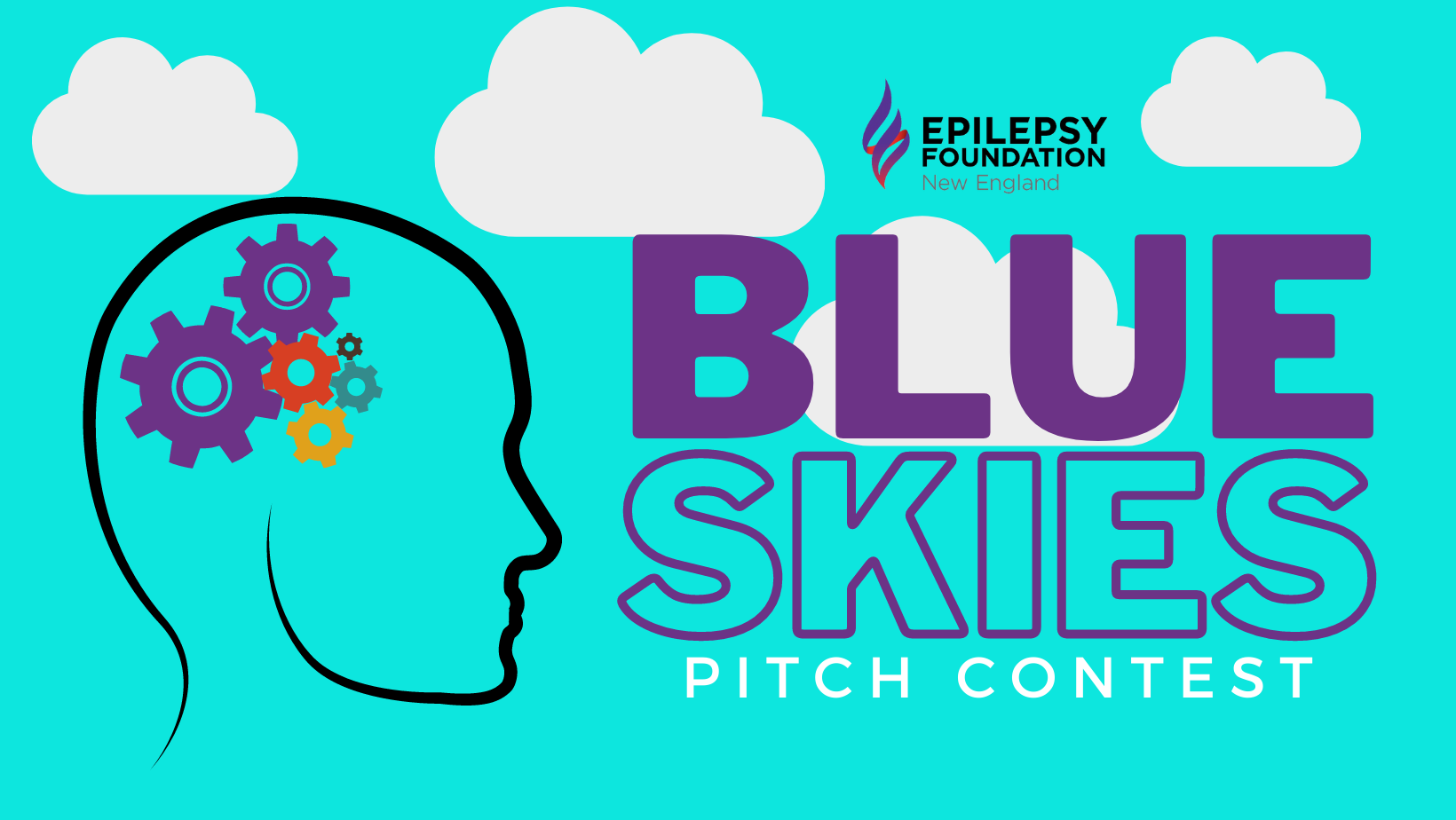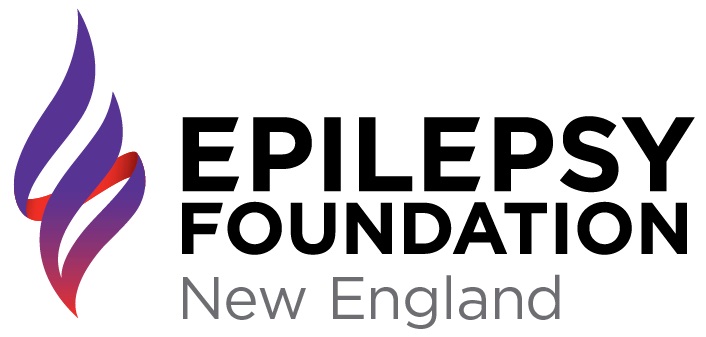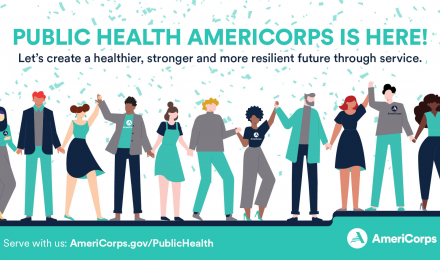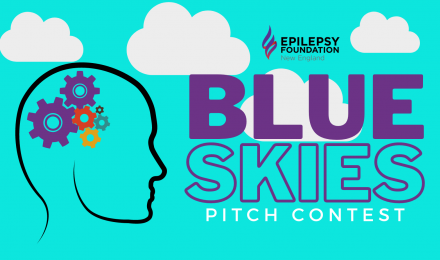Big Winners at First Blues Skies Challenge

Epilepsy Foundation New England (EFNE) held their first-ever Blue Skies Challenge - a pitch contest to advance research in epilepsy care through competition. EFNE was to award a total of $155,000 to three lucky winners for the following categories:
- Research in Epilepsy: Innovations in Diagnosis or Treatment ($75,000 award)
- Research in Epilepsy: Innovations to Improve Quality of Life ($75,000 award)
- Community Engagement: Bringing Our Community’s Ideas to Life ($5,000 award)
The competition was strong in each category. Ultimately the panel of judges and the in-person/virtual audience chose the winners. Congratulations to the winners for offering a truly innovative approach to epilepsy care.
Winner - Research in Epilepsy: Innovations in Diagnosis or Treatment
A New Treatment for Epilepsy: low intensity focused ultrasound for seizures
Drs Ellen J. Bubrick, Nathan McDannold, Daniel Weisholtz, and Guohai Zhou - Brigham and Women’s Hospital
More than 33% of patients have drug-resistant epilepsy (DRE)1, which carries a high burden of debilitating seizures and significant morbidity and mortality2. Despite this, few new treatments are being developed. Surgery is suitable for a small portion of patients, many are ineligible due to poorly-localizable seizures, multifocal disease, or unacceptable risks. Neurostimulatory devices are of some benefit in epilepsy, but require permanent implantation and are largely palliative. Transcranial magnetic stimulation is effective in psychiatric disorders, but was disappointing in epilepsy, largely due to its inability to reach deeper structures in the brain responsible for seizure onset (eg hippocampus). An emerging, new neurotechnology, low intensity focused ultrasound (LIFUS), can transmit ultrasound waves noninvasively through the skull and modulate deep structures without causing damage. Animal models show LIFUS suppresses seizure activity and EEG spiking, and it also can modulate the brain in humans, thus it is a promising form of neuromodulation for DRE. Preliminary data suggests LIFUS is safe in patients with epilepsy. The aim of this trial is to verify safety at a higher dose to be used in phase II trials, which is required to advance this new treatment.
Winner - Research in Epilepsy: Innovations to Improve Quality of Life
Reducing Internalized Stigma in Epilepsy: A Behavioral Online Video Education (RISE ABOVE)
Drs Seth A. Margolis, Elaine T. Kiriakopoulos, Geoffrey Tremont, Kunal Mankodiya, Persis Commissariat
Health-related stigma is common in people with epilepsy (PWE), adding to psychosocial disability and detracting from quality of life (QOL). Although anti-discrimination campaigns have been implemented on a public health scale, little has been done to address stigma felt by PWE. We developed a self-administered, interactive, internet-based cognitive-behavioral intervention entitled Reducing Internalized Stigma in Epilepsy: A Behavioral Online Video Education (RISE ABOVE). RISE ABOVE offers a digital health solution for managing stigma. We already elicited input on RISE ABOVE’s conceptual framework, content, and platform features from community stakeholders; thus, we are ready to beta test it with target users. Through purposive sampling, we will enroll 20 clinically and sociodemographically diverse adults with epilepsy to complete RISE ABOVE. Webtrends analytic software, informant interviews, and surveys will collect quantitative and qualitative data about platform usage/adherence, usability, relevance, satisfaction, credibility, and expectancy for change. Data will be reconciled into an action plan guiding program optimization and RISE ABOVE will be refined accordingly. Success will lead to (1) multisite grant submissions to explore RISE ABOVE’s efficacy, effectiveness, implementation/sustainability, and ability to reduce health disparities; (2) continued collaboration with EFNE to ensure ongoing engagement with and help for PWE impacted by stigma in New England.
Winner - Community Engagement: Bringing Our Community’s Ideas to Life
HYPE PEERS (Helping Young People Endorse & Promote Epilepsy Education & Reduce Stigma) TikTok Campaign
Aisha Laguna Merced, MS, Laurie M. Douglass, MD
Youth with epilepsy (YWE) face challenges that exist beyond epilepsy as a medical condition. Pervasive stigma and a lack of public knowledge about epilepsy contribute to ongoing feelings of isolation, low self-esteem, and poor mental health outcomes.16 Our team contends that increasing epilepsy knowledge and awareness through education and advocacy, expanding social support networks for YWE, and encouraging involvement in a community of peers will help to ameliorate the negative impact of stigma on YWE.4 To do this, our project focuses on finding new ways to engage with youth, especially in shared spaces that are
well-known and regularly accessed. Specifically, our novel HYPE PEERS campaign will utilize the well-known social networking service, TikTok, to engage YWE and their peers in an inclusive, accessible platform that fosters a community facilitated by a youth-led council. Over the course of several months, our team will design, create, and share video content. We will monitor feedback and analyze whether this platform is effective in promoting education about the realities of epilepsy and reducing its damaging stigma. Upon review of this project, we will evaluate the effectiveness of TikTok as a platform through which to engage YWE.
The Blue Skies Challenge is an annual event to support epilepsy research. To improve the lives of all those affected by epilepsy. The success of this event relies heavily on your generosity. A large portion of the award's funding came from donations within the EFNE community. Please help us by continuing to support research in epilepsy and consider a gift today: Donate Today
For more information about future research events or to get involved, email @email



